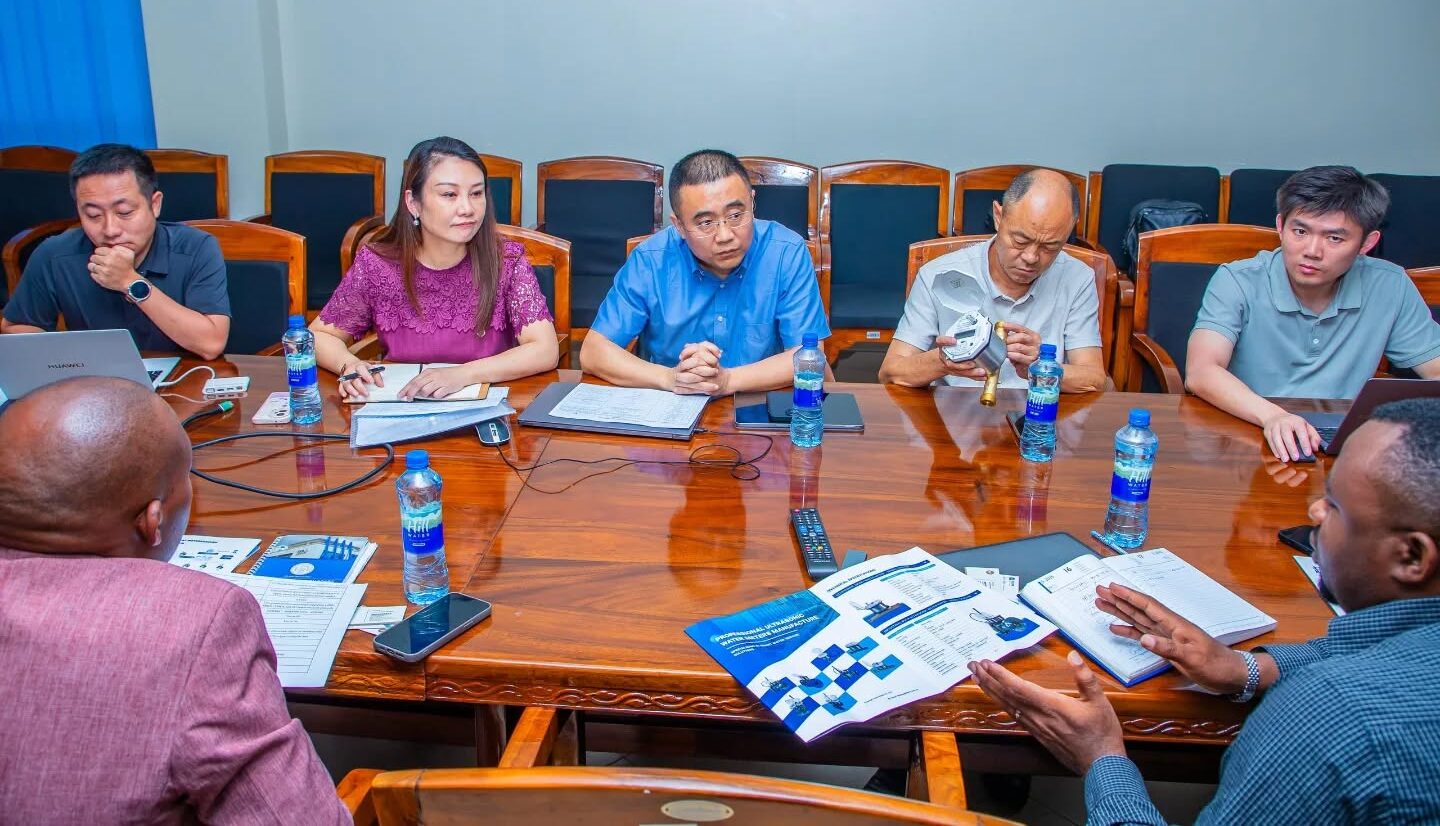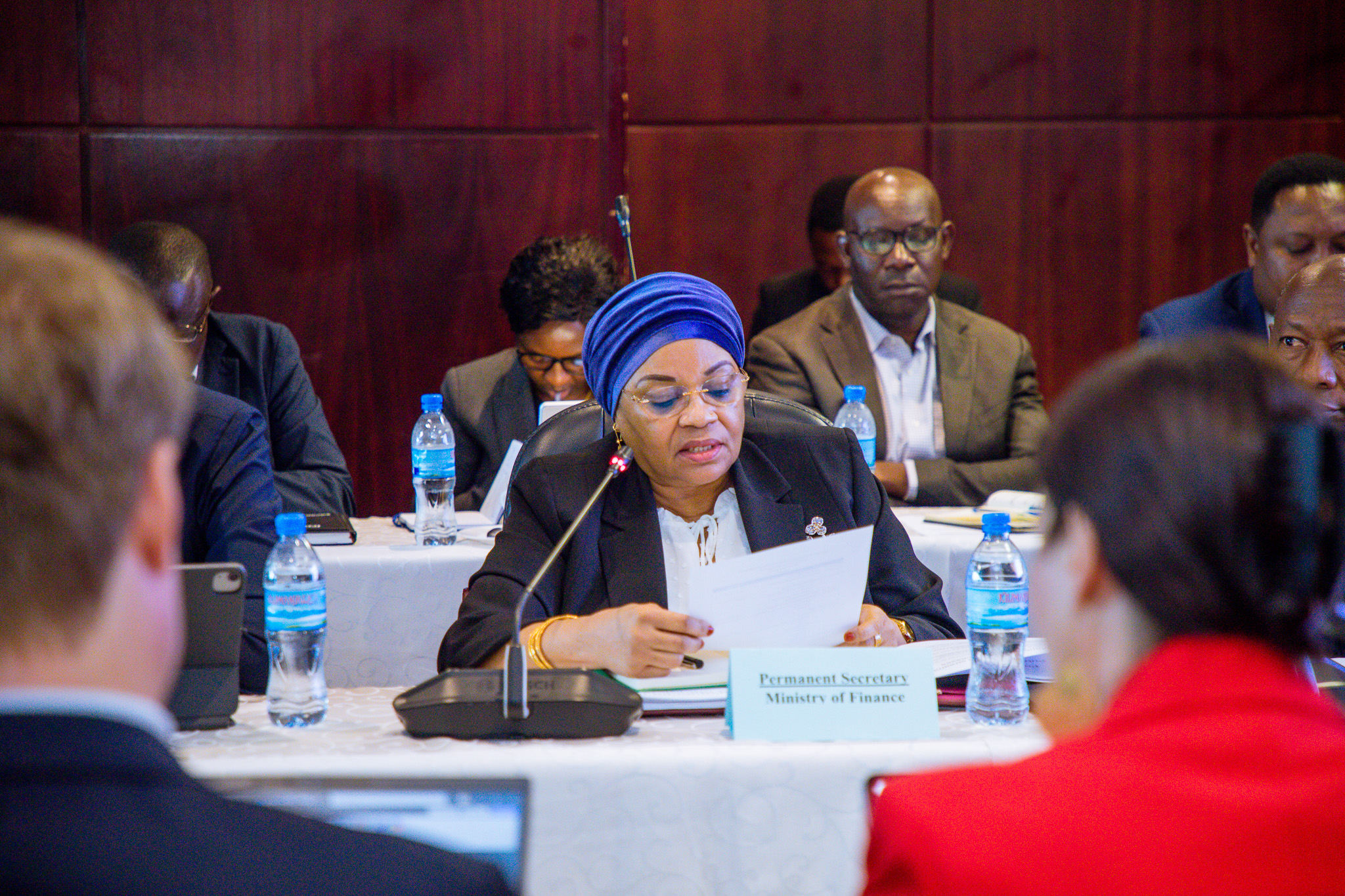Dodoma. The government has outlined seven key priorities for the Ministry of Industry and Trade in the 2025/26 financial year, aiming to accelerate the country’s industrial transformation and enhance business competitiveness.
Tabling the ministry’s Sh135.788 billion budget in Parliament on May 14, 2025, the minister for Industry and Trade, Dr Selemani Jafo, said the priorities include facilitating the establishment and development of industries, particularly small and medium enterprises, and strengthening strategic and flagship projects.
Other priorities, he said, are bolstering industrial production capacity and service delivery by improving the enabling environment, including the development of industrial clusters infrastructure; enhancing the business climate to stimulate private sector growth; and continuing the search for markets for Tanzanian goods and services.
The ministry also plans to improve human capital by upgrading community programmes focused on education and vocational skills training, and to strengthen product quality and safety oversight—especially for foodstuffs and cosmetics.
Out of the ministry’s Sh135.79 billion 2025/26 budget, a whooping Sh93.90 billion is earmarked for recurrent expenditure and Sh41.89 billion for development.
Achievements
Dr Jafo informed Parliament that the government had already recorded notable progress, including the implementation of strategic and flagship industrial projects, industrial expansion, technology innovation, market access for Tanzanian products both locally and abroad, improvement in product quality and competitiveness, and resolution of trade disputes.
Over the past four years, the government has continued to create a conducive environment for investment in the industrial sector, leading to the establishment and expansion of major factories.
These include Wild Flower and Grains Ltd, Maweni Limestone (Huaxin Cement), GF Trucks and Equipment Ltd, Saturn Corporation Ltd (vehicle assembly), Sapphire Float Glass, Kilombero Sugar, Mkulazi Sugar, and Kagera Sugar factories.
Dr Jafo further noted that in a bid to reduce reliance on imported medical devices, the Tanzania Engineering and Manufacturing Design Organisation (TEMDO) had secured certification allowing it to design and produce various medical equipment locally.
Through the Weights and Measures Agency (WMA), the ministry inspected and verified 1,013,859 measuring instruments—99.2 percent of the 1,022,342 targeted for the 2024/25 financial year. Out of these, 10,898 instruments were adjusted, while 761 were rejected.
The inspections covered fuel dispensing pumps, flowmeters, oil storage tanks, water meters, weighing scales, length measurement devices, and trucks transporting construction materials.
WMA also conducted 3,293 inspections—surpassing its 3,000 target—through regular and spot checks on instruments used in trade, health, safety, and environmental protection.
In parallel, the agency continued to monitor pre-packaged goods at 13 inspection points located at border posts and ports, including Sirari, Mtukula, Namanga, Holili, Tunduma, Tarakea, Horohoro, Kasumulu, Kwara, Bagamoyo, Manyovu, Mbweni, and Temeke.
Items inspected ranged from timber, seeds, edible oils, soap, milk, fruits, sugar, toothpaste, salt, alcoholic beverages, fertilisers, construction materials, gas, wires, and bottled water.
Dr Jafo also reported ongoing efforts to assess the state of industries and identify investment opportunities through the Tanzania Industrial Research and Development Organisation (TIRDO).
By March 2025, assessments had been conducted in Mwanza and Shinyanga regions, revealing 50 large, 109 medium, 1,156 small, and 1,776 micro industries in Mwanza, and 40 large, 92 medium, 931 small, and 780 micro industries in Shinyanga.
To improve planning and transparency, the ministry has developed the National Industrial Information Management System (NIIMS), which features four modules for capturing data on industries, warehouses, licences, raw materials, designated industrial zones, human resources, skills, and employment.
As of March 2025, the system’s industrial module was 95 percent complete, with data from Dar es Salaam, Morogoro, Coast, Kilimanjaro, Tanga, Shinyanga, and Mwanza regions already uploaded.
Meanwhile, the ministry, through CAMARTEC, continued to implement innovation and applied research activities in pursuit of appropriate agricultural tools and rural technologies.
It conducted performance and durability assessments of various prototypes, such as grain threshing machines in Chemba District, palm seed decorticators in Buhigwe, and multi-purpose dryers for agricultural, livestock, and fish products in Arusha.
The assessments confirmed the efficacy of the prototypes, paving the way for mass production. Successes were noted in threshing lentils, sunflower, and pigeon peas; separating shells and kernels of oil palm fruits; and drying shelled cashew nuts and avocados.
Additionally, trials involving hand-operated avocado oil extractors yielded promising results, offering a practical solution to value addition in the absence of guaranteed markets.
The ministry also unveiled a renewable-energy-powered hot air generator for use in drying agricultural produce. Initial tests demonstrated the unit’s capability to generate temperatures of up to 65°C in just five minutes.
In the upcoming financial year, the ministry of Industry and Trade aims to build on these achievements to drive inclusive and sustainable industrial development across the country.







